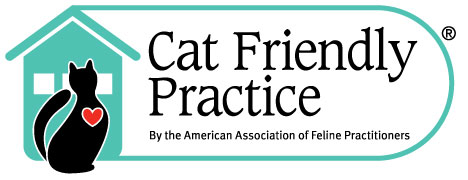Animal Care Tips – Joint Pain
One of the most common problems I treat on a daily basis is joint pain. Some joint disease is congenital: an animal is born with bones that do not line up properly, or ligaments are loose and allow the bones to move too much. This prevents smooth movement of the joint and causes wear to [...]



